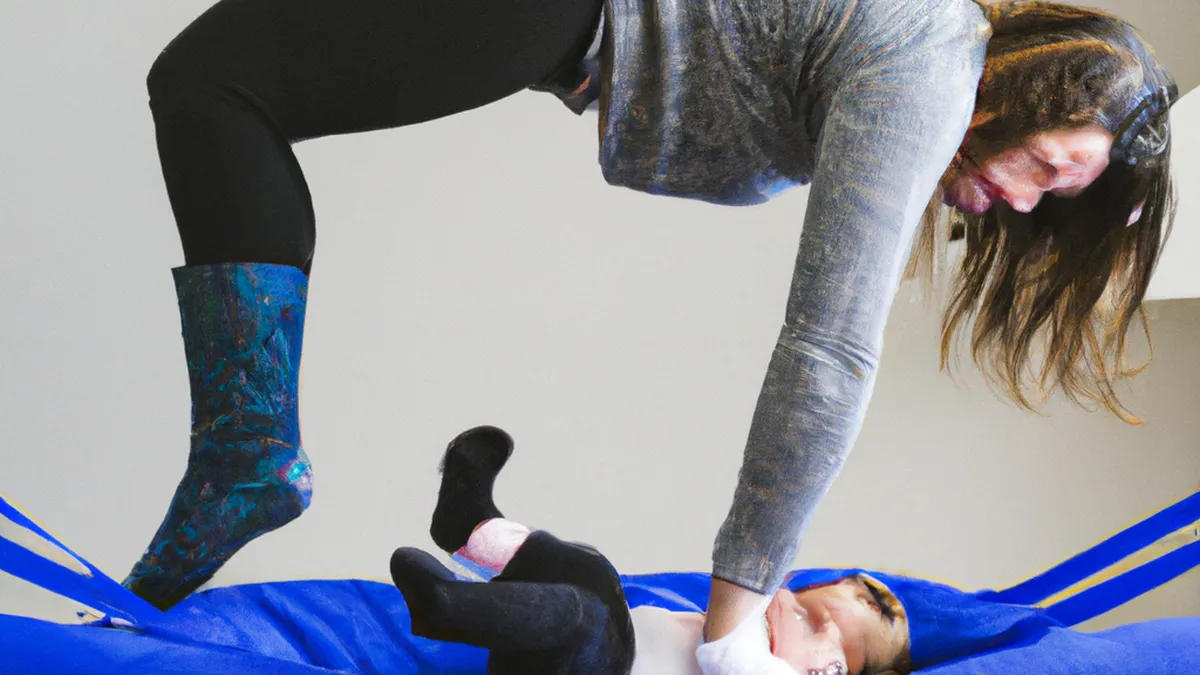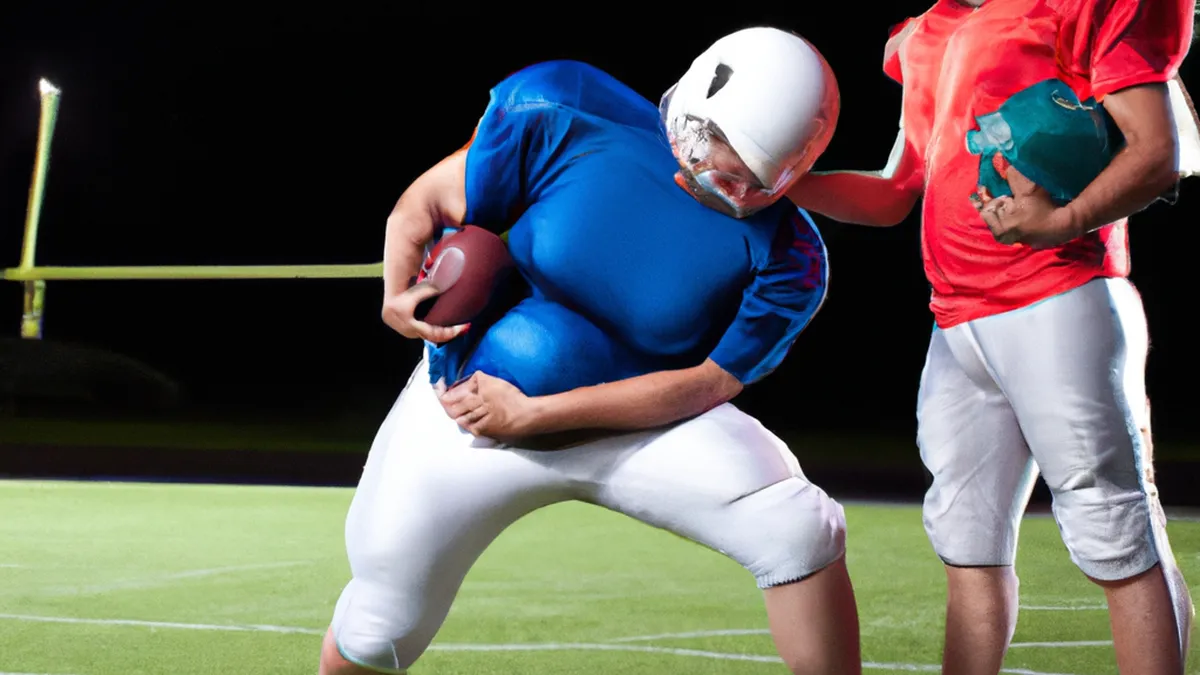Sleep Hormones: Key to Athletic Recovery
The Role of Sleep Hormones in Athletic Recovery
As an Amazon Associate I earn from qualifying purchases.
Gear tip: consider high support sports bra, no slip headbands and resistance loop bands to support this workout.
Athletic performance relies on rigorous training, discipline, and effective recovery strategies. Sleep stands out as a fundamental pillar. It serves as a critical period for physical and cognitive restoration, allowing the body to repair and prepare for training and competition. Understanding sleep hormones helps athletes optimize performance and overall well-being.
The Importance of Sleep for Athletes
For athletes, sleep goes beyond rest; it facilitates recovery and adaptation. During sleep, the body performs essential physiological processes for athletic performance. Muscle repair, tissue growth, and energy replenishment occur during this time. Sleep’s restorative functions are vital in high-intensity sports, where physical exertion causes micro-tears in muscles and fatigue.
Research shows that sleep deprivation negatively impacts athletes. Consequences include decreased performance, impaired cognitive function, increased injury risk, and prolonged recovery times. A study in the “Journal of Sports Sciences” found athletes who sleep less than recommended experience declines in physical performance, reaction times, and mood. Therefore, prioritizing quality sleep remains essential for athletes at all levels.
Sleep Stages and Their Functions
Sleep consists of several stages, primarily categorized as non-REM (Rapid Eye Movement) and REM sleep. Each stage serves distinct purposes vital for recovery and performance enhancement.
Non-REM Sleep
Non-REM sleep has three stages, with Stage 3 being particularly important for recovery. This stage features slow-wave sleep, during which the body undergoes significant physiological processes. Growth hormone (GH) releases primarily during this deep sleep phase, promoting tissue growth and muscle repair. This process is crucial for athletes as it enhances recovery and prevents injuries.
REM Sleep
REM sleep, associated with dreaming, plays a vital role in cognitive functions like memory consolidation and learning. Athletes must retain and recall information about strategies, techniques, and skills. Improved cognitive function enhances decision-making during high-pressure competition situations.
Together, these sleep stages create a comprehensive recovery environment, enhancing physical and mental capabilities.
Key Sleep Hormones
Two primary hormones regulate sleep and recovery: melatonin and growth hormone.
Melatonin
Melatonin, produced by the pineal gland in response to darkness, signals the body when to sleep. As night falls, melatonin levels rise, inducing drowsiness and facilitating sleep onset. Besides regulating sleep-wake cycles, melatonin possesses antioxidant properties that combat oxidative stress and inflammation.
Conclusion
In summary, understanding sleep’s role and hormones can enhance athletic recovery and performance. Prioritizing quality sleep is essential for athletes.
Below are related products based on this post:
FAQ
Why is sleep important for athletes?
Sleep is crucial for athletes as it facilitates recovery and adaptation. During sleep, essential physiological processes occur, such as muscle repair, tissue growth, and energy replenishment. Quality sleep helps improve performance, cognitive function, and reduces the risk of injuries.
What are the key sleep stages and their functions?
Sleep consists of non-REM and REM stages. Non-REM sleep, particularly Stage 3, is vital for recovery as it features deep sleep where growth hormone is released, promoting tissue growth and muscle repair. REM sleep, associated with dreaming, enhances cognitive functions like memory consolidation and decision-making, important for athletes during competition.
What role do sleep hormones play in athletic recovery?
Sleep hormones, primarily melatonin and growth hormone, regulate sleep and recovery processes. Melatonin helps signal sleep onset and has antioxidant properties, while growth hormone is essential for muscle repair and tissue growth during deep sleep, both of which are crucial for athletic recovery and performance enhancement.















Post Comment